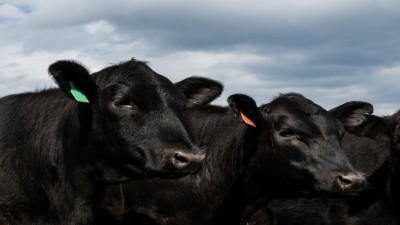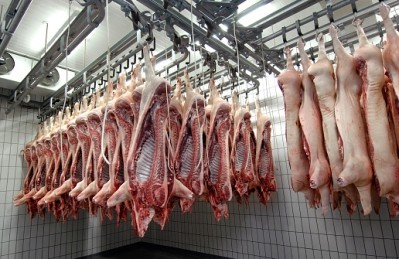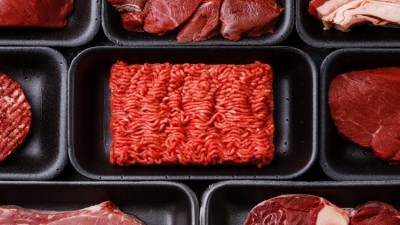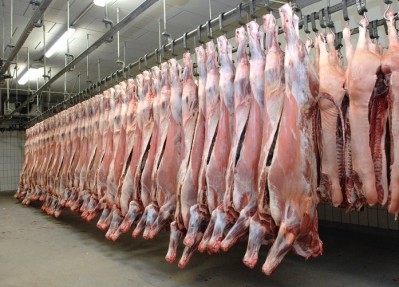Abattoir association challenges sector report
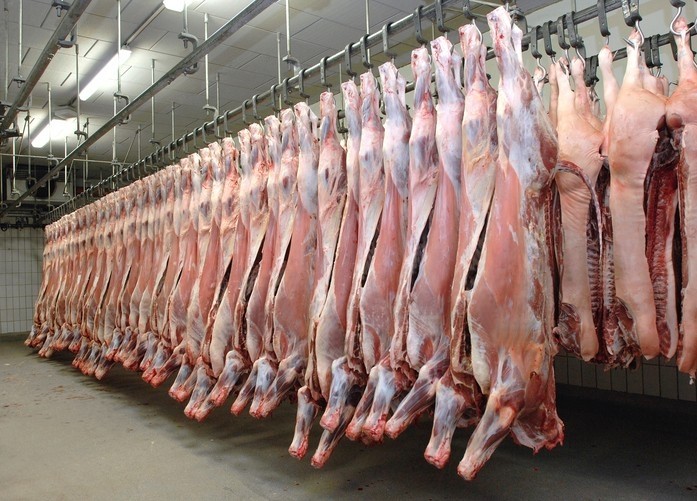
Locally-produced traceable meat was under threat as the UK’s network of small local abattoirs was near collapse, the report from the Sustainable Food Trust (SFT) claimed.
The paper, A Good Life and a Good Death – Re-localising farm animal slaughter, called for urgent Government action. Otherwise, it claimed there would be “a huge loss” of consumer choice because marketing locally-produced meat would be impossible in many parts of the country. The danger was the situation would lead to meat being obtained from dubious sources.
Norman Bagley, head of policy at the Association of Independent Meat Suppliers, said: “I recognise that there has been a reduction in abattoir numbers over the last few years.”
But Bagley added that the report did not recognise legislative and market changes that had allowed smaller abattoirs to increase capacity.
Eating out
“I do not see the end of local food because of the loss of local abattoirs. In fact I see the opposite. The evidence is that eating out of home is the new boom. This exciting sector is delivering shorter, more secure supply chains through high-class independent catering butchers that in turn are being served by small to medium-sized abattoirs.
“The issue around illegal slaughtering is a threat to the whole industry and needs to be stamped out absolutely.”
The SFT report revealed that over the last decade more than a third of small abattoirs have closed. In England there are just 63 small abattoirs, down from 96 in 2007. In total the number of all red meat abattoirs has fallen to 249 from 320 in 2007 and almost 1,900 in 1970.
The SFT said the closure of many smaller local abattoirs was due to the high burden of regulation, falling cattle numbers and “negative profitability” due to the increasing dominance of supermarkets. It also highlighted the high financial, environmental and animal welfare costs of transporting relatively small numbers of farm animals.
Vital Importance
The SFT is calling on the Government to recognise the vital importance of smaller abattoirs and is also calling for a taskforce to be set up with government, industry and consumer representation, to establish why small abattoirs are closing and propose solutions for their survival.
It has also called for the use of mobile and small static red meat abattoirs for on-farm slaughtering. It said a number of countries within the EU and also Canada, New Zealand and America currently have mobile abattoirs successfully operating.
“Local abattoirs play a vital role in all rural communities where farm animals are kept. When they close, both animals and meat have to be transported much further. This is bad for animal welfare and bad for the environment. It also threatens the ongoing renaissance of local food cultures,” said Richard Young, policy director of the SFT and a co-author of the report.
“On my own organic farm, I have had to change abattoirs nine times over the last 30 years in order to keep our farm shop supplied with the meat from our own animals, as seven of those closest to me have closed and two became unsuitable for other reasons. I now have to take our animals almost 40 miles to get them slaughtered and it costs a great deal to get the carcases delivered back to our shop.”
Complex crisis
Phil Stocker, chief executive of the National Sheep Association, said the report drew attention to the “rapidly changing and complex crisis” facing smaller local abattoirs and those who depend on them.
“I truly hope that government and industry will work together to offer a long-term future for our diminishing network of local abattoirs before it is too late,” he said.
Peter Stevenson, chief policy advisor, Compassion in World Farming, said: “For several decades we have witnessed the gradual erosion of the UK’s network of small local abattoirs. Farmers who want to minimise travelling times have been unable to prevent their animals being taken on longer journeys to distant slaughterhouses as local facilities disappear. This is clearly not in the best interest of the animals’ welfare. Government must act to help reinstate local abattoirs. Eating food produced locally and supporting local farmers and businesses are rightly viewed as important aspects of sustainability.”

